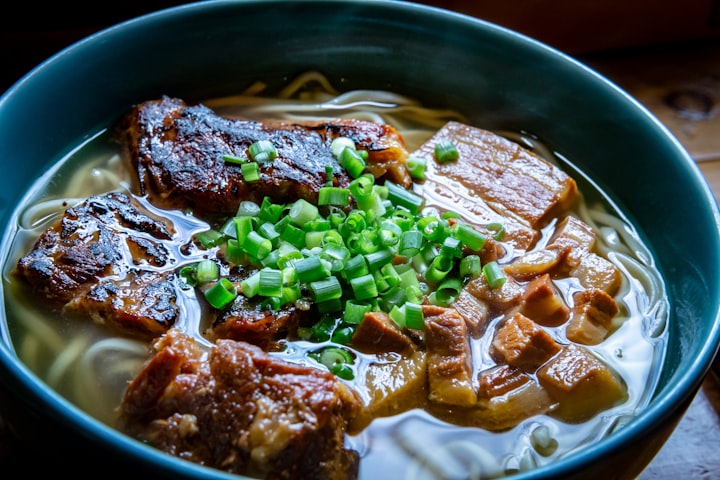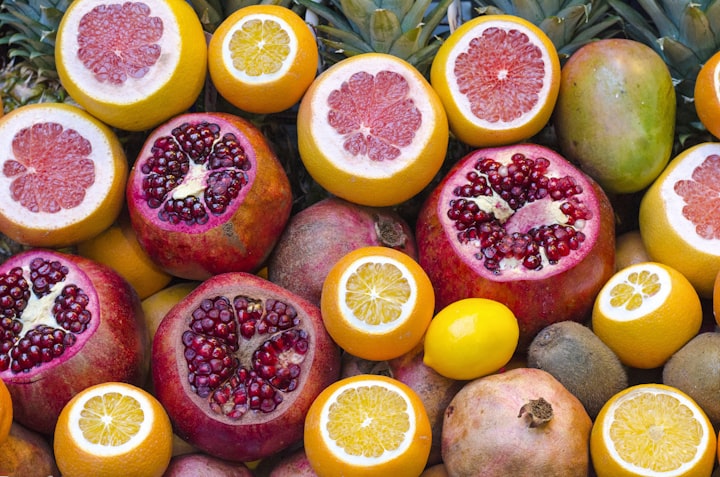When The Comfort Foods Aren't Comforting Anymore
And what to do about it!

I work in a really unique intersection of nutrition counselling – reproductive health, meets intuitive eating skills and eating disorder recovery, meets sports nutrition education. They have their common themes, which is why I’m drawn to each of them – and see similar patterns between them.
The one thing that really stands out to me is how common guilt about eating comfort foods is, and the lack of actual comfort that they provide because of this.
So let’s talk about it – why do comfort foods become uncomfortable, and what can you do about it?
You’ve restricted these foods from every other occasion, so now they feel like something to hide or feel bad about. When we specifically try to limit certain foods, especially those that make us feel good and happy, we are even more drawn to these foods. When we finally “cave” and eat them, we experience a rush of both pleasure and shame, which takes away from the enjoyable experience that a comfort food can bring. We start the mental cycle all over again to restrict these foods until we can’t take it anymore, and then blame ourselves for having no control when we have these foods available.
If this sounds like you, a really great start is specifically planning opportunities to seek out and eat these foods. When we make the active and intentional choice to eat foods, it can create a time and space where we have permission to eat and enjoy them. Over time, we might build more comfort and interest in having these foods even more available to us – keeping them in the cupboard or fridge on a regular basis, picking them up even if we don’t plan to eat them right away and many other manifestations of this. Through this practice of “legalizing foods”, we can reclaim the pleasure and enjoyment we get from eating them, while also seeing them as neutral as any other food we eat.
You actually need another self-care tool. Food is one of the easiest self-care strategies in the book – we typically eat as part of regular life, and we get a rush of positive reinforcement neurotransmitters to support eating again and again. Essentially, gathering enough energy in order to survive! Because of this, when we’re feelin’ low, it would make sense that we’re looking for a pick me up. And food is fast – however, it might not always be the thing we’re needing at that time. We might be sleepy, grumpy, lonely, dehydrated, under or overstimulated. Food doesn’t always fit the situation, and you don’t wear the same shoes for every occasion.
If this sounds like you, it’s time to consider all of your self-care options – not in replacement of food, but in addition. If you’re finishing the end of your day flustered and overstimulated, could pairing a snack with quiet and alone time be supportive? If you’re angry from a conversation, could grabbing a water bottle and heading out for a walk be an option? There is no right answer, but you might find with time that food is just one of the tools you use when your brain is feeling buzzy.
You’re not eating enough during the day. Intentionally or not, eating very little energy or every very little in terms of volume leaves our brain starved. And many popular comfort foods are rich in energy, and from rapid sources like added sugars and other simple carbohydrates. These foods aren’t evil or unhealthy, but when they’re used for survival they’re definitely not enjoyable or comforting anymore.
If this sounds like you, it’s time to try three things. One, work on eating more regularly during the day (I like suggesting about every 3 to 4 hours) and an appropriate volume each time (4 crackers or a coffee is not a meal). Two, making your comfort foods actually energy-providing by pairing it with other foods. And three, set an environment that is actually relaxing to eat your comfort food in – scarfing a snack down in the car during rush hour traffic is probably not relaxing (but taking a brief detour to the park to sit in the car and have a snack, or even taking a few minutes sitting in the car when you get home can work).
You’ve been told that your comfort foods are toxic, dangerous to your health, or that they hinder your performance. Very few foods are truly dangerous: starfruit for people with kidney disease, foods with allergens for people with food allergies, and foods that contain harmful and dangerous bacteria like botulism. Everything else is fair game – so avoiding it forever and then feeling awful when you finally eat the comfort food isn’t going to harm you.
If this sounds like you, it’s time to change up where you get your food and health messages from. Hint: influencers on social media isn’t the place to go, and anyone who makes extreme claims about food can go in the garbage too. Learn from trusted organizations and nutrition experts, like Registered Dietitians (especially the ones that don’t make extreme claims, because there are a few out there). And remember that no singular food choice will change your health – nourishment is about patterns and big pictures.
And if none of these sound like you, but your relationship with your comfort foods feels strained, it might be time to call in a pro. Let’s chat! You can find me at sayyestonourish.com and by email at [email protected] - I love talking periods, food and health with folks!
About the Creator
Emily the Period RD
I help people with periods navigate menstrual health education & wellness with a healthy serving of sass (and not an ounce of nutrition pseudoscience).






Comments
There are no comments for this story
Be the first to respond and start the conversation.